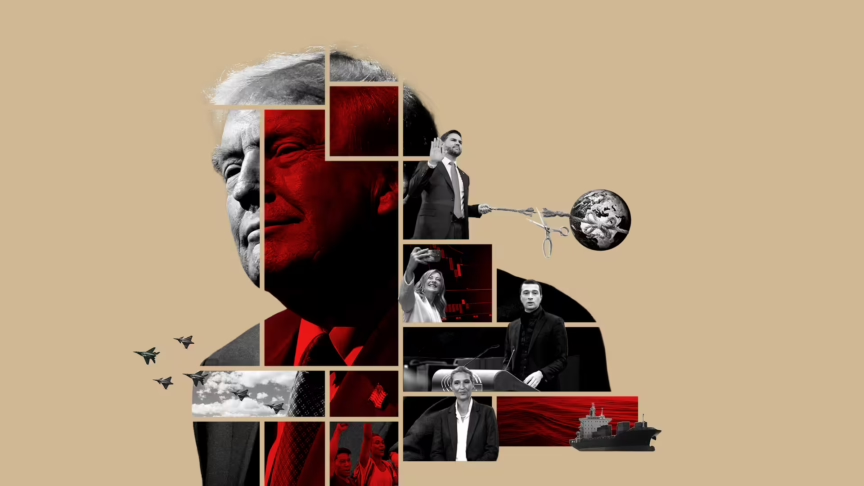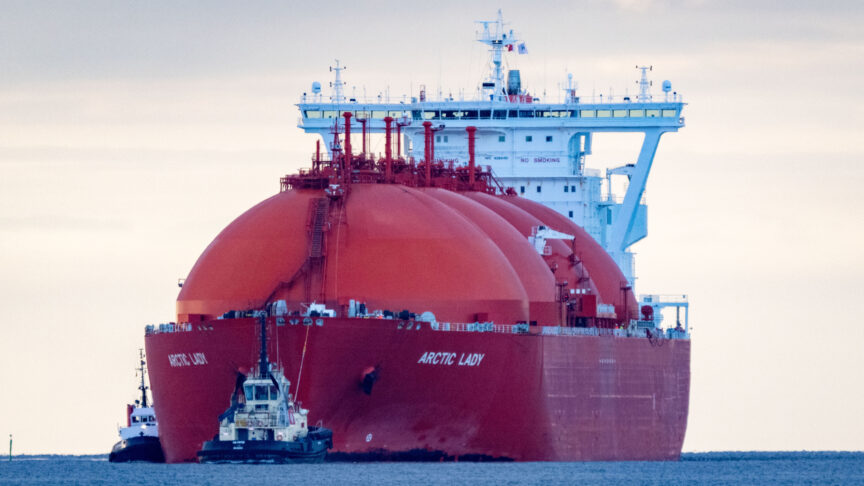Turkey and Israel: Time to kiss and make up?
In a chaotic region, lonely Turkey and Israel are trying to put old grievances behind them
In a region in chaos and turmoil, two lonely nations, Turkey and Israel, are getting ready to shake hands and resume relations – for all sorts of different reasons.
Behind the scenes and away from the gaze of their scrutinising publics, Ankara and Tel Aviv have, over the last few years, engaged on and off over the “normalisation” of relations that were severed when the Israeli navy intercepted a flotilla bound for Gaza in 2010. The Mavi Marmara incident led to the death of nine Turkish citizens and effectively ended Ankara’s military and strategic alliance with Israel –one that that had been a significant feature of the Middle Eastern political map since the mid-90s.
Fast forward to end of 2015, Turkey and Israel, both nervous and isolated in a tumultuous neighborhood, now seem poised to strike a deal.
Secret talks in Geneva between Yossi Cohen, the incoming director of Mossad, and Feridun Sinirlioglu, Turkey’s powerful undersecretary of the foreign ministry, have resulted in a set of principles that will form the basis of a written agreement for “normalisation” of relations. The Turkish and Israeli parliaments will ratify the agreement.
Why kiss and make up now, when even Obama’s personal interventions in 2013 (by convincing the Israeli premier to apologise for the flotilla incident) was not enough?
Though normalisation will be a hard sell domestically, the benefits of the deal for both countries are immense. First off, there is the “loneliness” factor for both nations. Once proud of its “zero problems with neighbors” foreign policy, Turkey today is at odds with all of its neighbors to the east and south, including Russia, Iraq, Iran and Syria. It has been the harshest critic of the coup in Egypt and can no longer count on the success of friendly Islamist governments across the Arab world.
In 2014, an advisor to Erdogan called Turkey’s regional isolation “precious loneliness.” But when faced with a quagmire on its long Syrian border, an increasing ISIS threat, a hostile Russia following the downing of a Russian jet by Turkish war-planes in November, and a burgeoning Kurdish entity on its southern flank, Turks no longer feel confident about their regional solitude. In many ways, both Israeli prime minister Binyamin Netanyahu and Turkish president Tayyip Erdogan are lone wolves who remain popular domestically but isolated otherwise. In a region in turmoil, a return to a functional relationship is a basic strategic need for both leaders. Erdogan himself publicly admitted as much last week, telling reporters, “Israel is in need of a country like Turkey in the region. We have to admit that we also need Israel” on his way back from Saudi Arabia.
The appeal of new energy reserves in eastern Mediterranean adds to the incentives. Since the collapse of Turkish-Russian relations, Ankara has been eager to seek alternative energy sources to lessen its dependence on Russian gas. Israel’s recently discovered Leviathan field presents itself as a natural – albeit much smaller – alternative to Russian gas. The offshore field is expected to satisfy the bulk of Israel’s domestic need over the next few years, with the rest being exported. Turkish companies are already lined up for the gas, with talk of a pipeline in eastern Mediterranean – a long-held fantasy in Turkish-Israeli relations since the 1990s— bringing Israeli gas into the Turkish market.
According to senior Turkish and Israeli officials, the deal will involve full restoration of diplomatic ties and return of ambassadors after a five-year freeze. Israel will pay compensation (in the vicinity of $21 million) to the families of the slain Mavi Marmara activists and Turkey will quietly withdraw lawsuits against Israeli officials.
But after years of fiery rhetoric, both Turkish President Erdogan and Israeli Prime Minister Netanyahu now have to sell the deal to their respective – and equally hostile – publics.
Luckily, there is enough in the deal for both governments to grab onto. For example, Israeli officials say Ankara has agreed to restrain Hamas activities inside Turkey and, in particular, underline that a senior official from the military wing of Hamas, Saleh al-Aruri, has left Turkey.
For Turkish government on the other hand, the partial easing of the blockade on Gaza for Turkish goods and services could offset some of the criticism from Islamist circles within the AKP, including the Humanitarian Relief Foundation (IHH) which led the flotilla, on the withdrawal of litigation against Israeli officials involved in the Mavi Marmara raid. Family members of slain activists have not spoken yet, but IHH has expressed reservations about the accord on social media. Turkish President Tayyip Erdogan had previously demanded lifting off the entire blockade on Gaza for any deal, but the final agreement will likely strike a balance between Israel’s security interests and Turkish domestic opinion, allowing only Turkish goods and services to travel to Gaza. This type of an arrangement would allow Turkish government to argue domestically that their efforts provide a “lifeline” to Gaza and help Palestinians, once the deal comes to the parliament for ratification.
Still, even with mutual benefits, Turkish-Israeli reconciliation is not an easy process to navigate. There will be a media dance and an effort to prepare the public on both sides. Both Netanyahu and Erdogan have tacitly committed themselves to turning down combative rhetoric – and they have. But there is no love lost between these two leaders – or between their supporters. An escalation in the Israeli-Palestinian conflict, a public outburst from a senior official or cabinet member, or Turkey’s inability to convince the families of the flotilla victims could all derail the negotiations.
But for now, there is a window of opportunity to “normalise” relations between the two nations, in a region otherwise characterised by the abnormal.
The European Council on Foreign Relations does not take collective positions. ECFR publications only represent the views of their individual authors.


